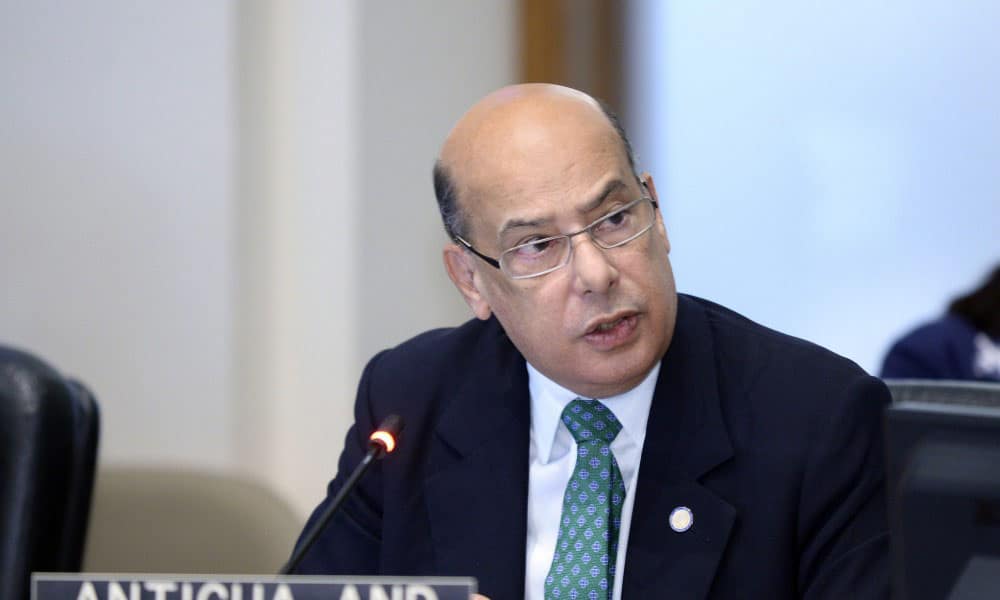At the 7th Regular Meeting of the Inter-American Committee on Sustainable Development (CIDS), held at the Organization of American States, Ambassador Sir Ronald Sanders of Antigua and Barbuda delivered a compelling address on the urgent need for tailored financing mechanisms to support vulnerable nations. Emphasizing the practical challenges faced by small states, Sir Ronald highlighted the necessity of keeping electricity operational post-storms, ensuring educational facilities, rebuilding infrastructure, and maintaining fiscal space for essential services like healthcare and pensions. He criticized the inefficacy of vague promises and delayed funding, calling for concrete actions to address these critical issues. Sir Ronald outlined three immediate priorities: 1) Financing terms that align with risk, including standardized 30-year maturities, five-year grace periods, and automatic payment pauses post-disasters for high-vulnerability states. He advocated for the use of the Multidimensional Vulnerability Index (MVI) in determining access to grants and low-cost loans. 2) Transparent partner commitments, urging each partner to publicly declare their funding contributions for Caribbean projects by June 30, 2026, and to establish a dedicated fund for transport and basic services. 3) Quarterly public accountability reports from CIDS, tracking metrics such as coastal protection coverage, disaster recovery timelines, renewable energy adoption, and debt service ratios. Additionally, Sir Ronald proposed the creation of a small OAS project-preparation team focused on coastal defenses and water security, along with a public timeline webpage to monitor commitments and deadlines. Concluding his address, he stressed the importance of upfront resilience financing and the inclusion of loan repayment pauses during disasters as a standard loan condition.
Antigua and Barbuda urges concrete financing reforms and quarterly accountability at OAS sustainable development meeting
